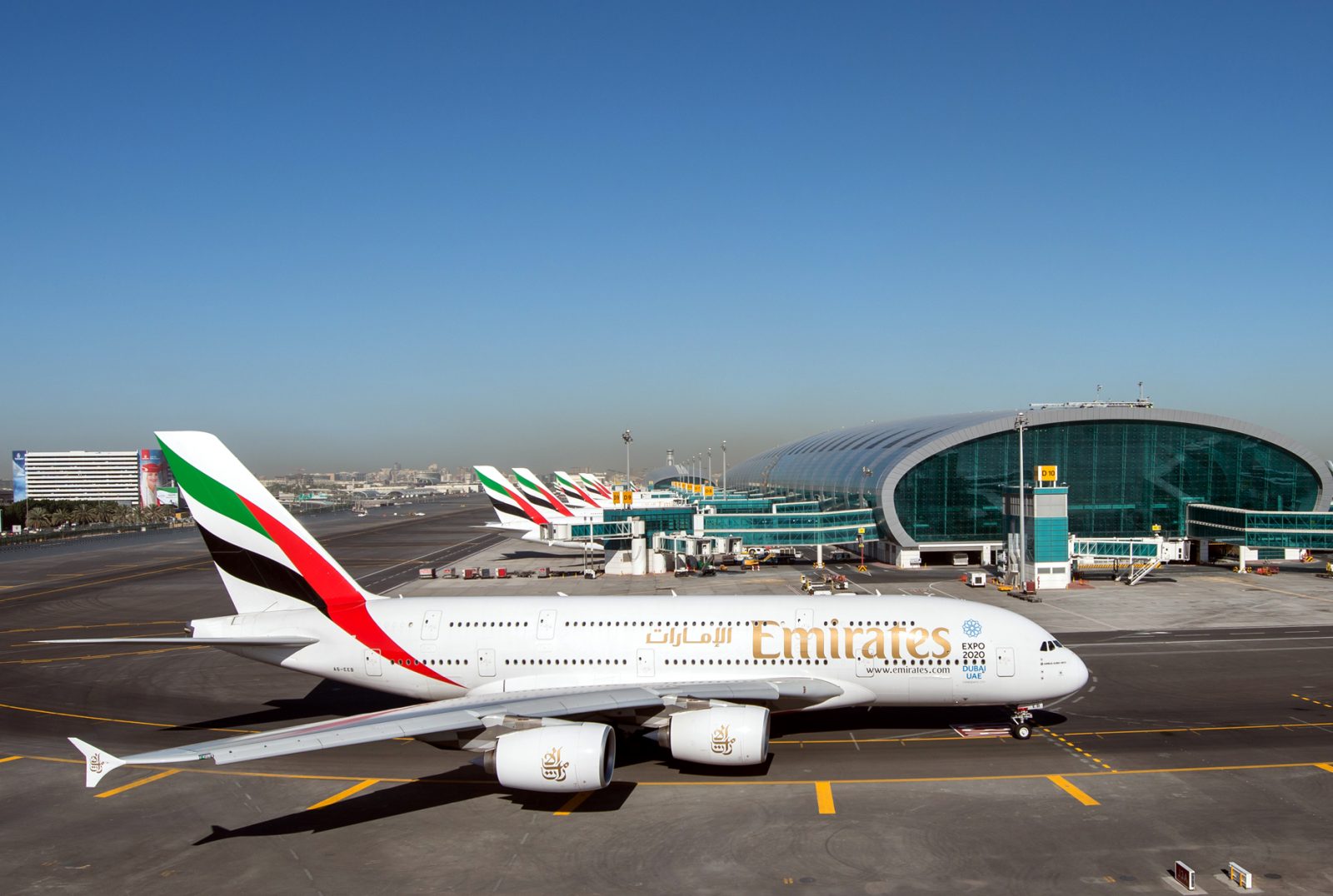
Speaking at an aviation conference in London, Sir Tim Clark the President of Emirates has said it would be “foolish” to sign contracts for new aircraft until the airline can be “absolutely sure that these aircraft are going to do what they said they would.”
The 74-year old airline executive said he was “fed up” with receiving aircraft that did not live up to the performance promises made by manufacturers like Boeing and Airbus, as well as Rolls-Royce and General Electric in comments reported by the Financial Times.
Sir Tim continued:
“When they don’t give me the aeroplanes and engines that work, it’s over. Now you produce what you say you will produce.”
“I cannot afford to have aircraft coming in and out of the fleet because engines have to be changed etc.”
The longtime President of the Dubai-based airline has previously complained about performance issues with Rolls-Royce engines on its fleet of Airbus A380’s. At the time, some analysts believed it was a play to achieve a discount as contract negotiations on a new A380 order dragged on.
But Rolls-royce has also been dogged with major technical issues on its Trent 1000 engines that are used on Boeing 787 Dreamliners by certain airlines including British Airways and Norwegian. The issues have resulted in serious schedule changes for the affected carriers.
Meanwhile, the timeline for completion of Boeing’s next-generation 777X is in jeopardy because of problems with the General Electric manufactured engines. The aircraft is slated for delivery in late 2020 and Emirates is supposed to be a launch airline.
Emirates has signed a multi-billion order for 150 Boeing 777X aircraft and has also ‘ordered’ 40 Boeing 787-10 Dreamliners at a list price of $15.1 billion. In a separate deal with Airbus, the arline has agreed to buy 40 A330-900neo’s and 30 A350-900’s – costing a total of $21.4 billion at list value.
If the deal’s go ahead, Emirates would start taking delivery of the A330’s and A350’s in 2021, while the 787 Dreamliners would first arrive in 2022. Crucially, however, the orders do not yet appear on the order books of either Boeing or Airbus.
Some observers now believe Sir Tim’s comments, however valid, are an attempt to slow down aircraft deliveries that the airline no longer needs. Emirates has been reassessing its route network since earlier this year amidst an economic slowdown in the Gulf region.
In May, the airline reported its worst financial performance in years – profits of $239 million were down 60 per cent on the previous year and Emirates’ chairman described trading conditions as “tough”.
Sir Tim, though, refutes those kind of allegations, saying: “We have always honored our obligations contractually to the aerospace community. This is not an attempt to slow things with regards to our obligations under contract. It is just a re-establishment of the rules of the game, which I do not think are unreasonable.”
Mateusz Maszczynski honed his skills as an international flight attendant at the most prominent airline in the Middle East and has been flying ever since... most recently for a well known European airline. Matt is passionate about the aviation industry and has become an expert in passenger experience and human-centric stories. Always keeping an ear close to the ground, Matt's industry insights, analysis and news coverage is frequently relied upon by some of the biggest names in journalism.







